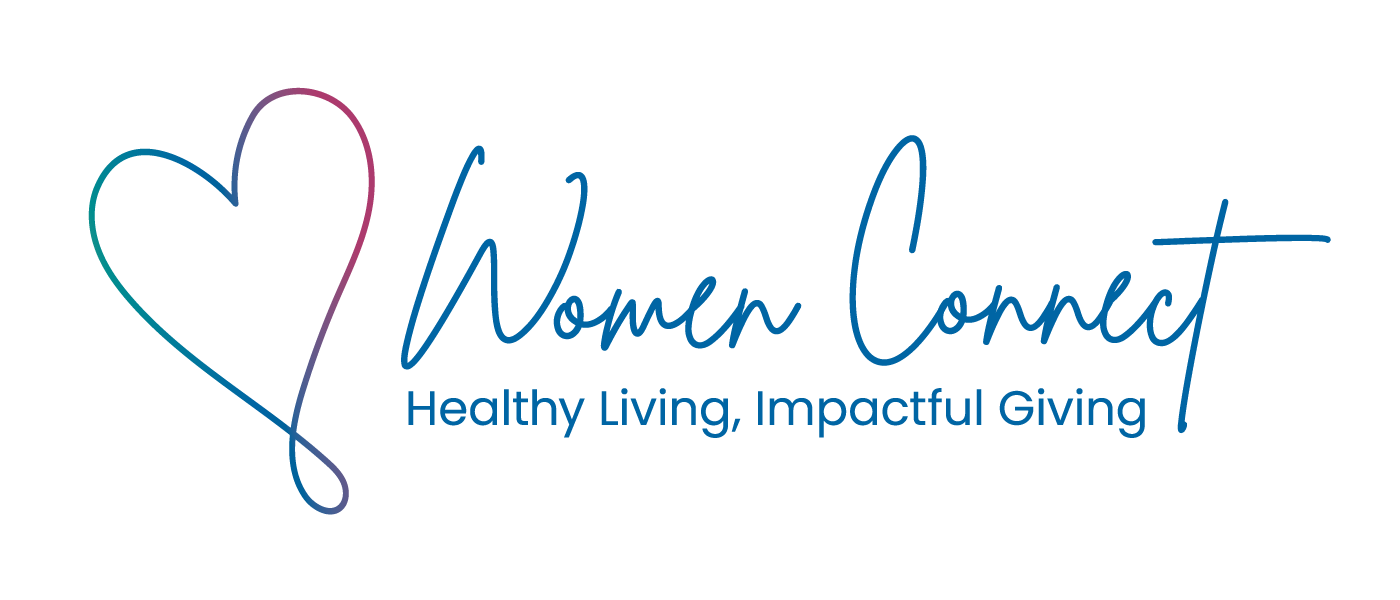
Women Connect

Thanks to everyone who attended our Women Connect heart health event in February. A special thanks to our panel of Methodist cardiology experts: Dr. Traci Jurrens, Dr. William Nester and nurse practitioner Neika Coughlin.
Watch their heart health Q&A below.
Our Methodist panel also provided answers to those questions we did not have time to address during the program.
Answers to Your Heart Health Questions
-
Historically, the Mediterranean Diet has been what we promote in the cardiology field – something that is focused on lean proteins like chicken and fish, healthy fats, whole grains, fruits and vegetables. It’s a lower-fat diet. You’re cutting out unnecessary or empty calories, and you’re getting complex carbohydrates that are healthier for you.
No. When you look at the guidelines, there really haven’t been any studies that have shown long-term heart-health benefits from additional supplements.
The short-term stress from the surgery would be a long-term stress reduction on the heart. If your heart has enough cardiovascular fitness to get through the surgery, that can help you meet a weight loss goal. It’s going to be better for you long-term.
In reducing your risk of heart disease, we’re always going to say diet and exercise are very important. But there are other ways. We go back to the American Heart Association’s “Essential 8,” where you’re getting a good night’s sleep, treating high blood pressure, treating diabetes, quitting tobacco use, controlling cholesterol and reducing stress. That said, the best way is always going to be diet and exercise.
In general, it’s just getting exercise in, getting your steps in. It doesn’t matter what you do. You can look at moderate intensity. Vigorous intensity is fine. One thing we would say about HITT, we would be cautious if you have coronary disease. But if you’re young and healthy and you love HITT, it’s great. If you want to slow and steady jog for 30 minutes, that’s great. It’s about getting the activity in.
In a sense, most people are getting regular screenings with a blood pressure screen, weight screen, and routine labs like cholesterol and blood sugar levels. That is all technically heart screening. We don’t routinely do stress tests because it’s a risk-benefit conversation. You’re putting patients through risk with a low-benefit yield if you have a low suspicion. So, the majority of heart screening we’re doing is in vital signs – weight and blood work.
You want to check an electrocardiogram (EKG) to see if you have some underlying electrical problem in your family. Screening lipids (cholesterol and other fats in the blood) is always good as well as checking blood pressure and height and weight to get a body mass index (BMI).
We’re seeing a lot more that genetics are playing a big role in heart health. If you have a strong family history, that’s not something we can modify. That’s something we can monitor while working on prevention. If you have blood pressure, sugar or weight issues, that’s something we can help with.
Those may be separate issues. The reverse though is – if you have diabetes, you have a higher chance of developing heart failure because you start having other kinds of systemic issues.
During a physical, have a doctor listen to your heart and make sure no ‘leakiness’ has developed. Having periodic echocardiograms could also be important.
We tend to give patients a trial of diet and exercise. We try to not prescribe unless we have to, so we take a lot of factors into account. We calculate an ASCVD Risk Score based on patient characteristics and the risk of having cardiac events. Once that’s calculated, if appropriate, we’d put them on a statin just to lower the risk. That’s called primary prevention.
Making sure you’re in contact with your physician is the most important thing. We certainly are very aggressive in managing risk factors and doing testing in patients who have risks like this. As long as your physician knows the situation, trust in them – they’ll understand what testing and medications are needed.
Have a friend or family member who would be interested in Women Connect?
Please forward this link so they can learn more: MethodistHospitalFoundation.org/WomenConnect
